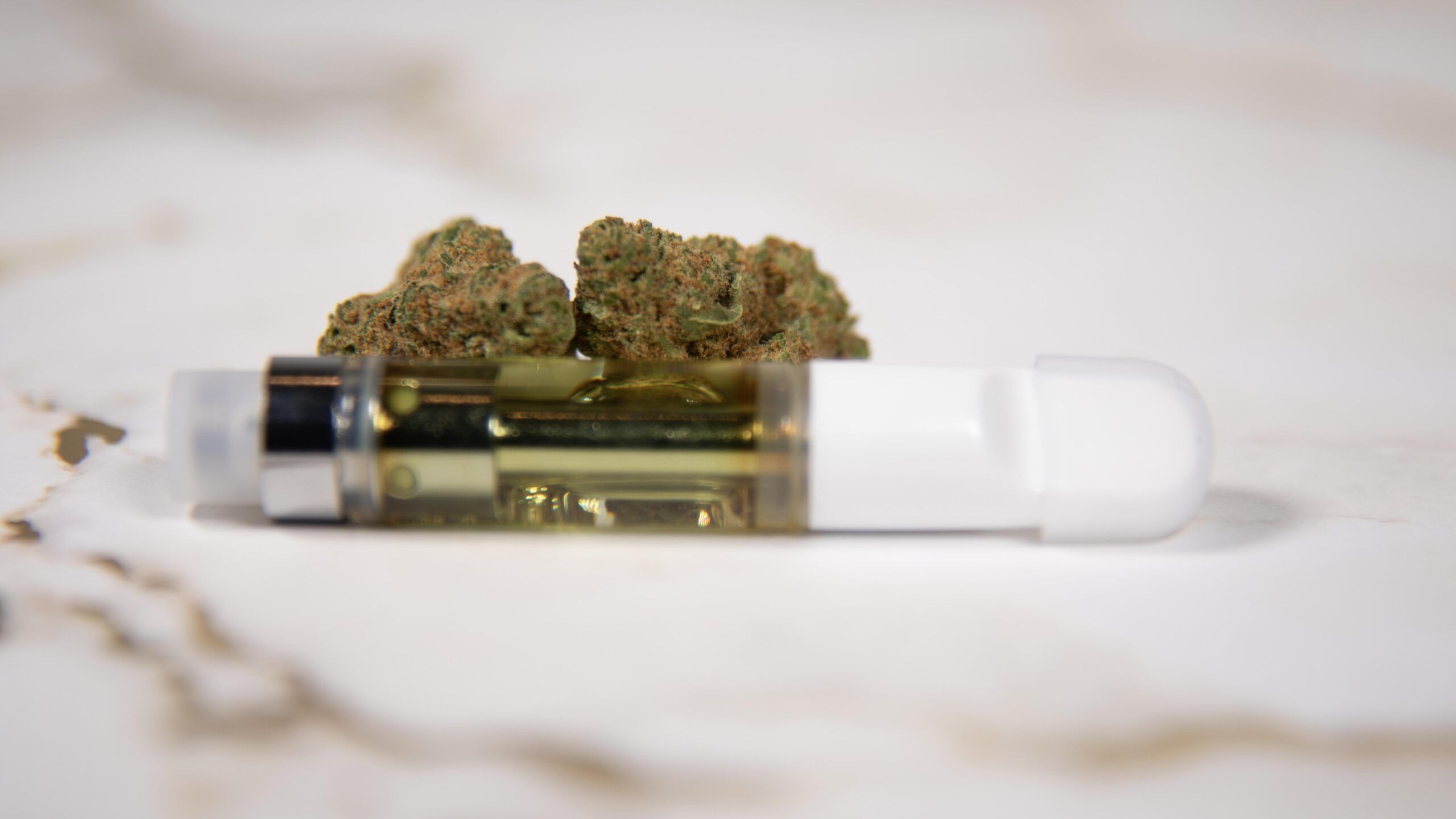The cannabis vape cartridge market has become one of the fastest-growing product categories in the legal industry. Consumers increasingly favor the convenience, discretion, and portability of vape products, while brands seek innovative ways to differentiate themselves in an increasingly competitive retail environment. White label vape cartridges—products manufactured by one company and branded by another—have emerged as a strategic entry point for both new and established cannabis businesses. For manufacturers, white labeling provides a steady revenue stream, while brands can capitalize on speed to market, reduced production costs, and access to high-quality products. However, these opportunities also bring challenges, from compliance hurdles to brand differentiation and supply chain management.
Why White Labeling Works in Vapes
White labeling in cannabis mirrors strategies used in mainstream consumer packaged goods (CPG). In the vape space, brands often lack the infrastructure, licensing, or technical expertise to produce cartridges in-house. By partnering with licensed manufacturers, they can quickly scale into the market without major capital investments in facilities or equipment.
For manufacturers, white labeling ensures consistent production demand, maximizing facility utilization. Cartridges, unlike flower, have a longer shelf life and can be standardized across markets with precise formulations, making them ideal candidates for bulk production. Industry analysts have noted that white label partnerships are particularly attractive to retailers looking to launch in-house brands at competitive prices, similar to private-label grocery products.
Market Opportunities
- Speed to Market
Launching a vape line through white labeling allows brands to bypass the lengthy process of building production facilities and securing additional licenses. Instead, they can rely on manufacturers with proven processes to deliver products ready for market within weeks rather than years. - Customization and Differentiation
White label manufacturers increasingly offer options for customization, from strain-specific formulations to proprietary terpene blends. Brands can tailor flavor profiles, potency ranges, and hardware designs (such as sleek disposable devices or premium glass cartridges) to appeal to niche audiences. - Cost Efficiency and Scalability
Economies of scale benefit brands entering the vape category through white labeling. By leveraging a manufacturer’s established supply chain for hardware, distillate, and terpenes, brands can access competitive pricing. As order volumes grow, per-unit costs typically decline, helping brands remain competitive even in saturated markets. - Access to Expertise and Compliance
White label manufacturers often bring technical expertise in formulation, lab testing, and regulatory compliance. For brands, this reduces risk while ensuring that products meet potency, labeling, and safety standards mandated by state regulators. - Retailer and Consumer Acceptance
As the vape market matures, both retailers and consumers have become more receptive to in-house or private-label offerings. For cost-conscious consumers, white label vapes can provide high-quality alternatives at lower prices, while retailers benefit from higher margins on store-branded products.
Challenges Facing White Label Vapes
Despite the advantages, white labeling in the vape sector comes with inherent risks and challenges that brands and manufacturers must navigate.
- Compliance and Testing Variability
Cannabis regulations differ widely from state to state, with each market setting unique rules for hardware materials, testing thresholds, and labeling. For manufacturers producing products for multiple jurisdictions, compliance requires significant investment in testing and quality assurance. Brands, in turn, must be diligent about partnering with manufacturers that maintain transparent compliance records. - Brand Differentiation in a Crowded Market
With dozens of white label options available, the challenge for brands is to stand out. If multiple companies use the same formulations or hardware, products risk blending into a sea of indistinguishable cartridges. Success often hinges on marketing strategy, unique branding, or additional consumer-facing features such as QR codes for lab results and supply chain transparency. - Hardware Reliability and Consumer Trust
The cannabis vape industry faced a major credibility crisis during the 2019 “vape crisis,” when illicit products containing harmful additives caused widespread health concerns. While regulated markets have since improved testing standards, hardware quality remains critical. Malfunctioning cartridges, leaky seals, or inconsistent vapor output can damage both the brand and manufacturer’s reputation. Brands entering white label partnerships must vet hardware suppliers as rigorously as extract providers. - Pricing Pressures and Margin Compression
The rapid proliferation of vape products has led to pricing competition that squeezes margins. For white label brands, balancing cost efficiency with product quality is essential. Premium white label vapes may justify higher price points with innovative hardware or live resin formulations, but mid-tier products often face a race to the bottom in competitive markets like California, Oregon, and Colorado. - Supply Chain Reliability
The vape category relies on components sourced globally, from cartridges manufactured in Asia to terpenes produced domestically. Disruptions in shipping, tariffs, or domestic shortages can create bottlenecks. Brands working with white label manufacturers must ensure contingency planning for hardware and raw material supply to avoid stockouts.
The Future Outlook
White label vape cartridges are poised to remain a dominant force in the cannabis market, but the sector is evolving. More manufacturers are investing in innovation, offering solventless concentrates, sustainable packaging, and proprietary hardware to differentiate themselves from competitors. Additionally, technology such as blockchain traceability and smart vape devices may become common features in white label portfolios, helping build consumer trust and brand loyalty.
For brands, the key to success will lie in balancing cost-effective white label partnerships with unique brand storytelling and consumer engagement. As markets expand and federal reform becomes increasingly likely, white label vapes could scale nationally, offering brands opportunities to grow across state lines with minimal infrastructure investment.
In Summary
White label vape cartridges offer both opportunity and complexity. For brands, they provide a faster, cost-effective way to enter one of the most lucrative cannabis categories. For manufacturers, they offer predictable demand and room for innovation. Yet, challenges—ranging from compliance to supply chain disruptions—require careful navigation. Ultimately, brands and manufacturers that emphasize transparency, product quality, and consumer trust will be best positioned to thrive in this evolving segment of the cannabis industry.

